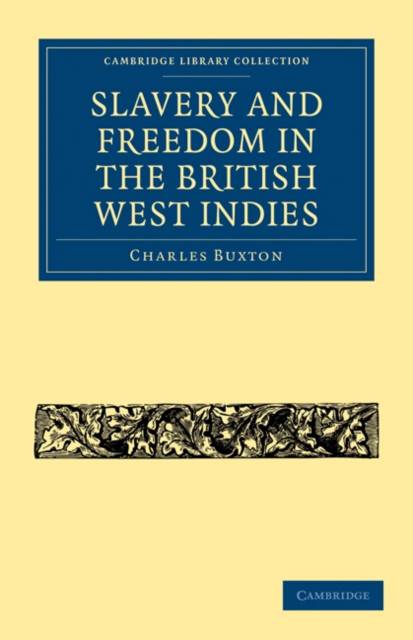
- Afhalen na 1 uur in een winkel met voorraad
- Gratis thuislevering in België vanaf € 30
- Ruim aanbod met 7 miljoen producten
- Afhalen na 1 uur in een winkel met voorraad
- Gratis thuislevering in België vanaf € 30
- Ruim aanbod met 7 miljoen producten
Zoeken
Omschrijving
An active Member of Parliament from 1857, Charles Buxton (1822-1871) was the third son of Sir Thomas Fowell Buxton, a well-known and popular philanthropist (several of whose books are reissued in this collection). Buxton inherited his father's interest in social welfare. He owned property in Co. Kerry, Ireland, and became a strong advocate for reform of the Irish Church, and the introduction of a national education system. Buxton also followed his father in supporting the anti-slavery movement. He published this short work in 1860 in response to critics of the abolition of slavery. He argues that abolition in the British West Indies had brought prosperity to that region, and had also fostered the advance of missionary work and Christian civilisation in West Africa.
Specificaties
Betrokkenen
- Auteur(s):
- Uitgeverij:
Inhoud
- Aantal bladzijden:
- 102
- Taal:
- Engels
- Reeks:
Eigenschappen
- Productcode (EAN):
- 9781108020695
- Verschijningsdatum:
- 30/09/2010
- Uitvoering:
- Paperback
- Formaat:
- Trade paperback (VS)
- Afmetingen:
- 140 mm x 216 mm
- Gewicht:
- 140 g

Alleen bij Standaard Boekhandel
+ 106 punten op je klantenkaart van Standaard Boekhandel
Beoordelingen
We publiceren alleen reviews die voldoen aan de voorwaarden voor reviews. Bekijk onze voorwaarden voor reviews.











